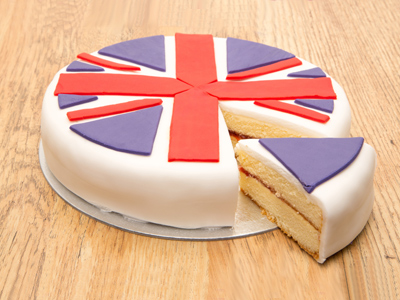
Ask Me Another - Asking and Answering Questions
Quiz playing is a wonderful way to increase your knowledge of English as a Second Language. Remember that all of our ESL quizzes have titles that are both friendly and technical at the same time… In the case of this quiz you might like to tell your friends about “Ask Me Another Quiz” but no doubt your teachers will talk about “Asking and Answering Questions”. If you hear a technical term and you want to find a quiz about the subject then just look through the list of quiz titles until you find what you need.
When you are using English it is essential that you feel confident to both ask and answer questions on many different subjects. Questions usually begin with words like "What", "Where" and "How" and it is important that you choose the right one to use. This quiz will reveal how good you are with questions!
... times have you seen this word on public signs in the English-speaking world?
... am I going to do once I've finished this Quiz?
... is the nearest bus-stop, please?
... built Nelson's column?
... do the English always drive on the wrong side of the road?
There are many theories. One story is told of an old stone-quarry from Roman times (about 2,000 years ago), where the Roman engineers were digging out stone from under the ground to build the spa city of Bath. The empty wagons went down a narrow driveway into the quarry, and came back up full of stone. Halfway up the driveway was a passing-place where two wagons could go past each other sideways. Coming up the slope, the ruts (= the long marks in the ground, showing where the wheels had pressed) on the left-hand side track were deeper: this suggests that the full wagons turned to their left (like modern English traffic) while the empty, lighter ones travelled down on their right. So we may trace our traditions back to Roman times (and the Romans, of course, were 'mainland Europeans').
It is said that Napoleon banned driving on the left in all countries he had conquered, because in the days of horse-drawn vehicles an enemy could control his reins with the left hand, draw a sword with his right and attack a passing soldier on the 'strong' side (i.e. using his own right hand). Napoleon never conquered Britain, so we never changed our habits.
But the fun really began towards the end of the 19th century when city traffic became thicker, and motor vehicles were invented. By that time there was little chance to change the layout of the roads.
Anyway, we English aren't the only ones to drive on the left ... there are still quite a lot of other places that were governed from Britain (back in the days of Empire, when modern traffic became established), such as Australia, New Zealand, Mauritius and elsewhere.
... cake do people like to eat in Britain?
... of these tee-shirts are you going to wear today?
... did you start speaking English?
... can I travel from Manchester to York on a Bank Holiday Monday?
'When ... ?' would have been another possible start, in case we needed to know at what time we could start our journey; but that option wasn't offered here!
... the English word for 'crucigrama'?
Ready for more?
not all...
quizzers. Try to win a coveted spot on our Hall of Fame Page.







